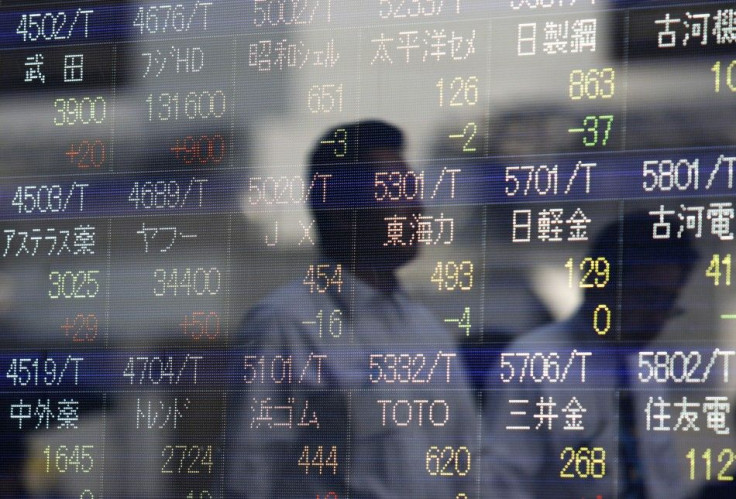'Sugar High' Is Only Fleeting in Skeptical Markets: Economist

Markets are losing the power to ride high after positive political developments, a worrying trend that might rain chaos on the best laid plans of central bankers and politicians looking to buy time to solve the financial crisis in Europe with grandiose statements.
That's the conclusion Tom Porcelli, the chief U.S. economist for the Royal Bank of Canada, expounded on Thursday. The economist compared the market reaction to various positive market-moving developments since August of last year, mainly announcements or open-market actions by the European Central Bank, bailout talks or agreements between European leaders or favorable political outcomes. The main measure of market reaction was taken to be a tightening in the spread between riskier Spanish and Italian sovereign obligations and German bunds.
Porcelli found that the average tightening, measures in basis point differences, was consistently smaller as time wore on. Even more worryingly, the time it took for the tightening to revert seems to have decreased exponentially. In August last year, after a government bond-buying program was implemented by the ECB, it took over 40 days for the tightening in the spread, of 76 basis points, was undone. After the victory of pro-bailout New Democracy party in Greece, considered a positive for the euro zone crisis, the 11-point tightening in spread unwound in a matter of hours.
Porcelli told the Wall Street Journal the positive events he studied had provided the market an artificial sugar high. And, just like a person living off sugar, the market had turned insulin-resistant.
Porcelli is not the first economist to study the effects of positive headlines on market direction and volatility. In October last year, investors began talking of 3 p.m. rallies being prompted in U.S. equities markets by a so-called FT effect. Analysts at hedge fund Birinyi Associates concluded the FT effect, caused by London-based newspaper Financial Times' late-day publishing of news on the euro zone crisis, was real.
While many of the stories appear inconsequential and are easily overlooked [...] they are nonetheless the only smoking gun apparent on these days, Birinyi found We believe that traders (and investors) are searching for any clarity on an eventual solution to European debt problems, and hence when any light is shed on the opaqueness of the situation, however mundane, traders react accordingly.
The findings by Porcelli are different, of course, in that they do not reflect market-makers looking for clarity, as much as them realizing the explanations being provided by policymakers, even if crystal clear, might not be worth much.
I think investors are realizing talk is cheap, Porcelli told the Journal. If this thesis is correct, it means policymakers can ill afford to continue dragging their feet.
© Copyright IBTimes 2024. All rights reserved.




















